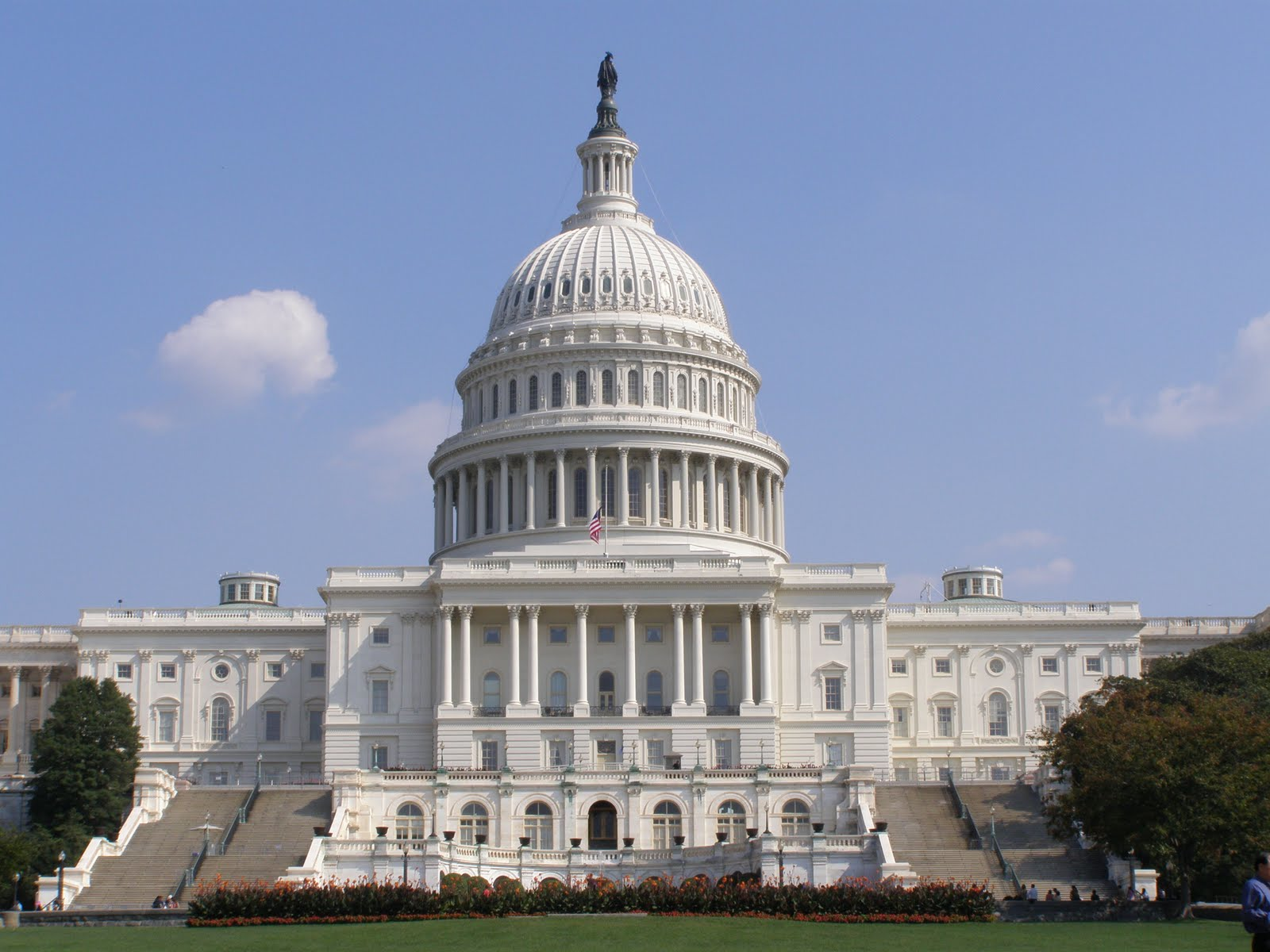Congress has just passed comprehensive new legislation designed to improve IRS efficiency and provide more taxpayer protections. President Trump is expected to sign the bill into law shortly.
The “Taxpayer First Act,” which benefitted from bipartisan support, includes a smorgasbord of taxpayer-friendly provisions. Notably, it creates an independent office of appeals within the IRS, modernizes the agency’s operations and improves various cyber security measures. The new legislation also expands safeguards addressing the types of ID theft that have plagued taxpayers in recent years.
The House passed the bill after a controversial “Free File Alliance” provision was removed from a previously-passed version. The Senate then promptly approved the revised document.
“This bipartisan, bicameral bill represents years of hard work and consensus building,” said Senate Finance Committee (SFC) Chairman Chuck Grassley (R-IO). “It’s a big first step toward strengthening taxpayer protections and turning the IRS into the customer service organization it ought to be. I look forward to President Trump signing it into law so the IRS can begin implementing long overdue reforms that will put taxpayers first.”
“Americans interact with the IRS more than any other federal agency,” noted Ron Wyden (D-OR), the ranking Democrat on the SFC, in a statement. “Passage of the Taxpayer First Act will modernize the agency, allowing it to better serve taxpayers. Our bill includes critical provisions to improve customer service, protect personal data, preserve tax-preparation services and shield low-income taxpayers from abusive private debt collectors. “
Among other changes, the Taxpayer First Act includes the following provisions:
- The IRS will submit plans to Congress relating to improving the infrastructure of its operations and modernizing its technology systems.
- The IRS will provide independent appeals to all taxpayers who have a legitimate claim. If a request for review is denied, the IRS must establish the reason in writing.
- Certain low-income taxpayers may benefit from a waiver for the initial fees applicable to an offer in compromise (OIC). The OIC fee waiver will be available to taxpayers with an adjusted gross income (AGI) below 250% of the poverty level.
- Currently, the IRS uses private collection agencies for some tax debtors. It will be prohibited from using private collectors for taxpayers with an AGI below 200% of the poverty level.
- The right of the IRS to seize property for failing to report cash transactions over $10,000 will be limited to cases involving illegal sources of funds or transactions structured to conceal criminal activity.
- The IRS will implement a number of ID theft measures, including establishing a single point of contact for victims and notifying taxpayers if it detects or suspects the unauthorized use of their identity.
- Greater protections will be extended to whistleblowers to the IRS comparable with measures available under other federal whistleblower laws.
- It will be easier for taxpayers to obtain “innocent spouse” relief from joint and several tax liability based on the facts and circumstances.
- Instead of using third-party processors, the IRS will accept direct tax payments from taxpayers using a credit or debit card.
The sticking point in the first version passed by House, the codification of the Free File Alliance available from tax prep software companies, was removed after a series of reports by ProPublica. The investigative news site claimed this would prevent the IRS from developing software of its own. Congress bowed to the pressure.
Clearly, the Taxpayer First Act features certain improvements for taxpayers. But there’s still a long way to go as the IRS continues to face budget restraints. Undoubtedly, we haven’t heard the last word on this subject.
Thanks for reading CPA Practice Advisor!
Subscribe Already registered? Log In
Need more information? Read the FAQs





